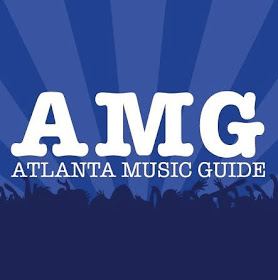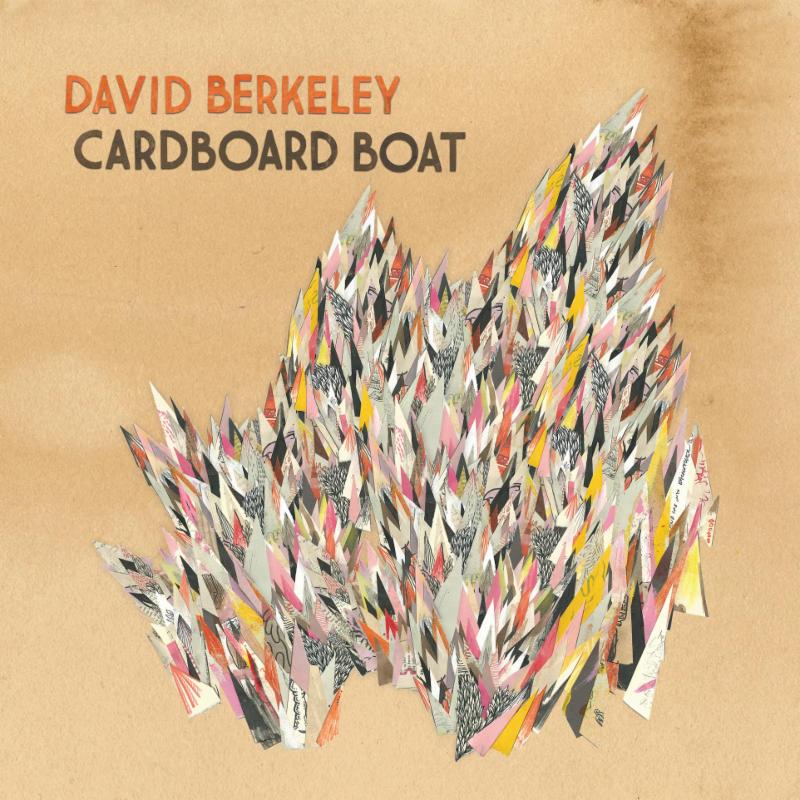 David Berkeley brings his tour to Eddie’s Attic in Decatur Saturday, Dec. 5 to support his recent release of Cardboard Boat, his sixth album, released alongside his novella, The Free Brontosaurus.”
David Berkeley brings his tour to Eddie’s Attic in Decatur Saturday, Dec. 5 to support his recent release of Cardboard Boat, his sixth album, released alongside his novella, The Free Brontosaurus.”
The songs on the album are sung from the perspective of each story’s main character.
The releases are a rare compliment to each other, but with a degree in literature from Harvard, more than a decade of touring under his belt and a stage show that melds profound songs and hilarious anecdotes, Berkeley is uniquely positioned to be able to pull off such an ambitious project.
This isn’t the first time Berkeley has paired songs with stories.
In 2010, upon returning from a year on the island of Corsica, Berkeley released his initial book/album combination: “140 Goats and a Guitar.” That book comprises thirteen stories, each of which sets up a song on his fourth album, Some Kind of Cure.
“I told the stories that led to the writing of that album’s songs,” Berkeley said about Some Kind of Cure. “The book is a lot about becoming a new father and the craft of songwriting. My new project, though, feels like the proper way to weave stories and songs.”
Cardboard Boat begins with an ominous bowed bass and ends with the ethereal tinkling of metals. In between, we get Berkeley’s carefully finger-picked guitar, banjos, trumpets, organ, string sections, nylon and electric guitars and a whole array of drums and percussion sounds. Always front and center, though, is Berkeley’s voice and lyric, supported on five of the 10 tracks by the silver-throated Sara Watkins of Nickel Creek.
Complex issues unfold, brought to life by Berkeley’s insight drawn from literature, poetry and his own experiences. There are references to “Moby Dick” in “Setting Sail” and Norse mythology in “The Wishing Well.”
One of the standout tracks, “To the Sea,” is an elegy for an estranged father sung by a prodigal daughter. It’s a prayer for second chances as Berkeley and Watkins sing together, “Let me be like the leaves on the trees. / They come back in the spring, gold to green. / Or let me be like the stream full of rain. / It comes back eventually to the sea.”
The album has many emotional highs, but its peak is perhaps the instrumental break in the title track, “Cardboard Boat,” in which an overwhelming and relentless swelling of horns, strings, guitars and hard hit drums vanish into near silence, and one of the albums most vulnerable lyrics emerges from the rubble:
“Are you still listening? Cause I’m still talking to you. / With the curtains drawn, tell me what else should I do. / I’m on a cardboard boat tonight.”
The central musicians on Cardboard Boat — guitarist Bill Titus (Dan Bern, Brother Ali), trumpet and banjo player Jordan Katz (De La Soul, The Indigo Girls), bassist/keyboard player Will Robertson (Shawn Mullins) and drummer Mathias Kunzli (Regina Spektor) — found the recording experience “transformational,” Berkeley said.
“If you go about 20 minutes north of Santa Fe, up into the Sangre de Cristo Mountains, you come to a little village called Tesuque, which has just a post office and a restaurant inside a general store,” he said. “Then you go further into the hills to an old adobe that Jono Manson has turned into a studio. It has great gear, but it feels like you’re in an old Mexican house, with vega-beamed ceilings, out in the middle of nowhere. I’ve been out here for a few years and have begun to get used to the New Mexican palette, but for the rest of the team to live with that scenery and under those skies, it felt like being in a monastery somewhere. There’s something about the light and the landscape and the calm and the quiet that’s so inspirational.”

